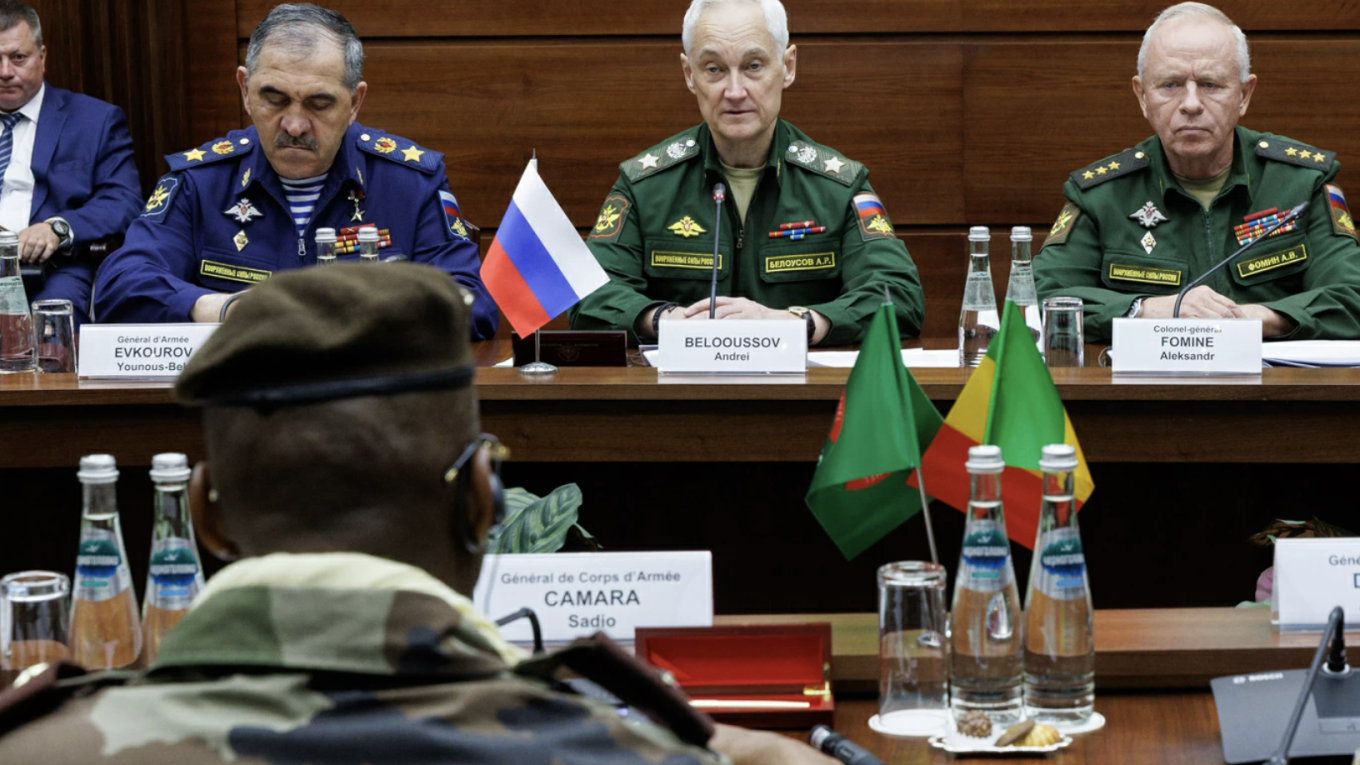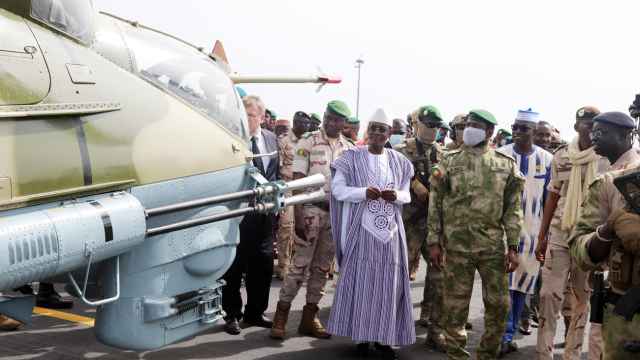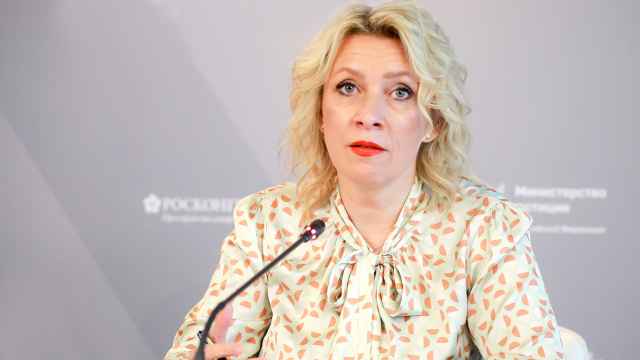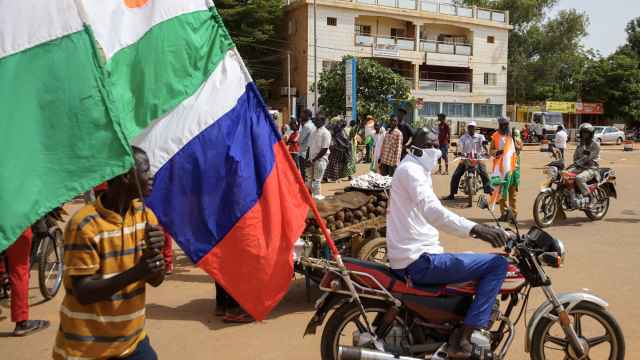Russia hosted its first official meeting with the heads of militaries of Burkina Faso, Mali and Niger, Moscow's Defense Ministry said Thursday, as it seeks to increase its influence in the Sahel region.
Facing isolation in the West following its full-scale war in Ukraine, Moscow has tried to build new partnerships in Africa, where it has been growing its presence in recent years, including militarily.
The three Sahelian countries are led by juntas which seized power in coups and have turned away from former colonial power France while moving closer to Russia, which sends mercenaries to help them fight a jihadist insurgency.
"Today we are holding the first consultations between the heads of the defense ministries of the Russian Federation and the countries participating in the Sahel states confederation," Defense Minister Andrei Belousov said, referring to the recently created entity aimed to replace a Western-led alliance.
"Currently, defense is the largest area of cooperation between our countries," said his Malian counterpart Sadio Camara, a heavyweight in the junta who is seen as one of the advocates of closer ties with Russia.
Niger and Burkina Faso defense ministers Salifou Modi and Celestin Simpore also took part in the meeting, according to the footage shared by the Russian ministry.
Following the talks, Russia and the three states signed a memorandum of understanding on defense cooperation, Moscow's Defense Ministry said, without giving details.
Belousov said Russia was ready to provide a "comprehensive assistance" to ensure stability in the contested region facing a growing jihadist conflict, which threatens to spill over to the wider west Africa region.
The three states quit the Economic Community of West African States (ECOWAS) at the beginning of the year, accusing the regional bloc of being subservient to France, and have formed the Alliance of Sahel States (AES), aimed to offset the pro-Western ECOWAS.
The Russian minister called the decision to create the pro-Russian bloc AES a "result of a free choice by the Sahelian peoples their commitment to sustainable peaceful development."
A Message from The Moscow Times:
Dear readers,
We are facing unprecedented challenges. Russia's Prosecutor General's Office has designated The Moscow Times as an "undesirable" organization, criminalizing our work and putting our staff at risk of prosecution. This follows our earlier unjust labeling as a "foreign agent."
These actions are direct attempts to silence independent journalism in Russia. The authorities claim our work "discredits the decisions of the Russian leadership." We see things differently: we strive to provide accurate, unbiased reporting on Russia.
We, the journalists of The Moscow Times, refuse to be silenced. But to continue our work, we need your help.
Your support, no matter how small, makes a world of difference. If you can, please support us monthly starting from just $2. It's quick to set up, and every contribution makes a significant impact.
By supporting The Moscow Times, you're defending open, independent journalism in the face of repression. Thank you for standing with us.
Remind me later.






